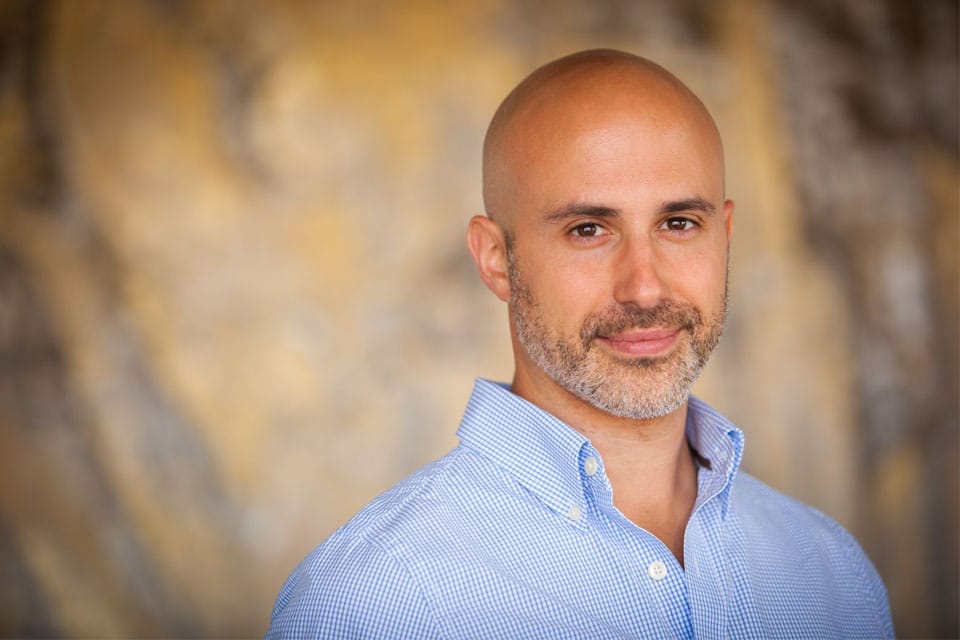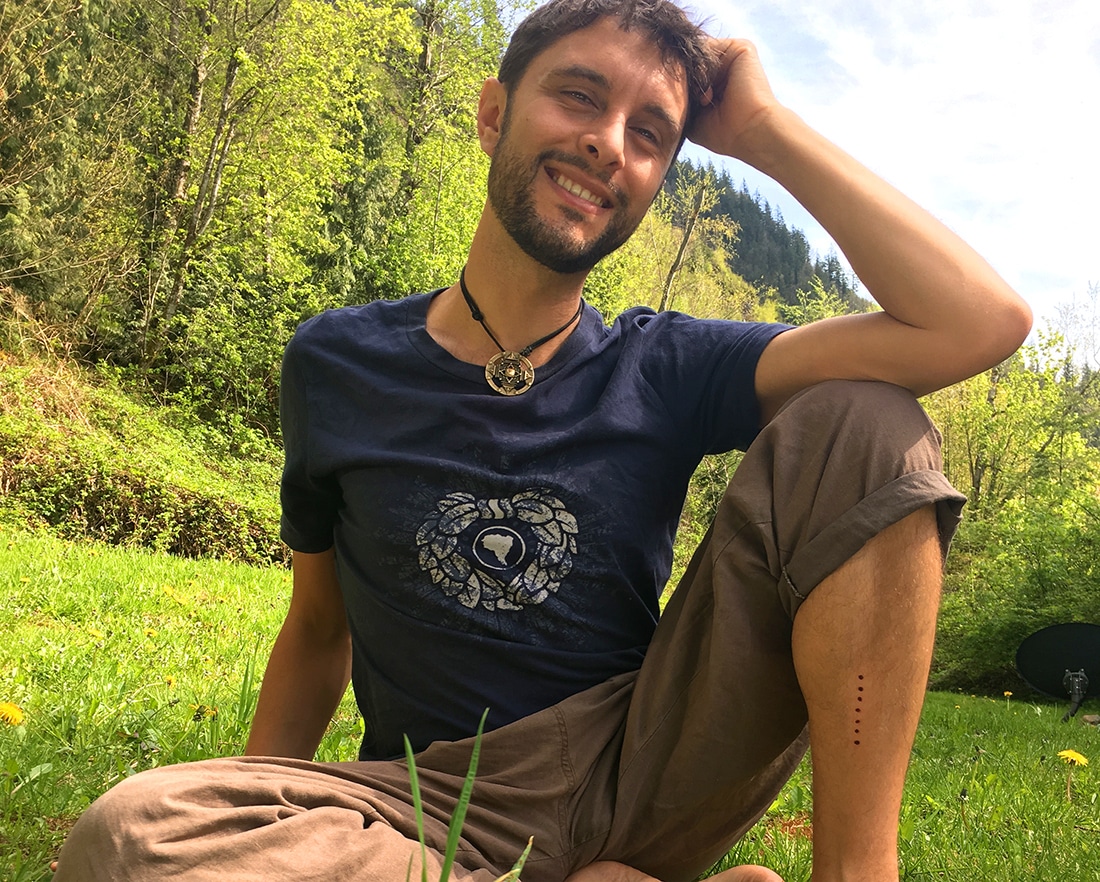There’s no doubt about it—a classical psychedelic experience has the capacity to plant a seed in each of us that lets us behold, envision, and temporarily inhabit a world in which we are all connected in love, harmony, and mutual support. What we do with this vision after the experience ends, and how to integrate it into our lives and into the messy, imperfect, and unjust world around us is the tricky part.
The new for-profit psychedelic companies such as Compass and Field Trip sit at the edge of this space between idealism and pragmatism. To the conservative and uninitiated, they are seen as radical and dangerous, even immoral, because drugs (the good ones) are, of course, bad. To some hardcore psychonauts, for-profit psychedelics are Mammon incarnate, appropriating the sacred for the profanity of profit-seeking and neutering their radical potential to shift the foundations of society. Yet to a growing number of moderate psychonauts and non-psychonauts alike, these endeavors are the quintessence of what the world needs for psychedelics and their life-transforming potential to be reintegrated into our culture on a broad scale—both to enhance mental healthcare with effective treatments, and to allow for healthy people to explore and transform their consciousness without stigma or punishment. To them (to us) we need a plan of action that is not so idealistic that it will fail, but also not so myopic that we ignore systemic problems such as economic stratification and lack of access for underserved communities.
No one can claim to have the perfect recipe for psychedelics to reemerge into society at large in the most fair and effective way, but in this interview Ronan Levy, founder of Field Trip Psychedelics, and I take a stab at it.
Thanks again for speaking with me, Ronan. As a founder of a for-profit psychedelics company, what is your stance on the ongoing legalization and decriminalization efforts happening in North America?
Certainly the decriminalization efforts in Denver and Oakland are very positive in advancing the dialogue around psychedelics, because there is still so much stigma around these molecules. On the other hand, decriminalization as opposed to a properly regulated legalization creates a bit of a “Wild West,” and that creates a risk. The political and social discourse around cannabis has helped people to become more comfortable approaching psychedelics, but you just need one really dramatic bad experience to halt the movement to legalize psychedelics and create a backlash, and we all want to avoid that.
On the other hand, unofficially but consistent with our perspective, what we see happening in Oregon seems like a better course of action: to create a legal, regulated framework for production, distribution, and administration that ensures safety and maximizes positive outcomes while minimizing the risk of very negative outcomes. For any jurisdiction moving forward, we’d encourage that be the nature of the focus, but we also understand and respect that going from a fully illegal substance to a legal regulated substance is a big step. If decriminalization is used as a stepping stone, that’s positive—it just needs to be done very thoughtfully.
Many diehard psychonauts have issues with for-profit companies entering this space. I spoke with Rick Doblin about this a year ago regarding Compass Pathways, in an interview published on Psychedelic Times. One of his central points was that the for-profit model could scale better than the nonprofit. I’m curious: how do you see yourself in relation to other for-profits like Compass and nonprofits like Usona?
We have positive relationships with all of them, and our focus is perfectly complementary with theirs. I was chatting with Lars from Compass Pathways recently, and he’s very thoughtful and understands both psychedelics and the more conventional health and clinical approval models and regulatory models. He told me that the cost of getting their clinical trials over the line to FDA approval is going to be extraordinarily high. As much as they want to focus on building their own clinics and training models, their focus right now just has to be on the clinical trials. From our perspective, that’s great because we’re looking to build the clinical infrastructure to support Compass and Usona and MAPS when those approvals come.
We’re supportive of all people who are working in the industry. I appreciate that some people in the community see for-profit entities operating as a scary thing, but the truth is we don’t really know how this gets across the finish line and available to the most people. So different models—for-profit, nonprofit—are all worthy of support, because there’s a lot of work to be done to change minds and laws and regulations, and all should be supported. Once we get across the line, more thoughtful conversations of how to respect the sacred aspects of psychedelics and original cultural values can be engaged in a much better way. If there’s too much infighting in these early stages, that may slow or stop the momentum that psychedelics have right now.
One concern that some people have with the pharmaceutical model is access for historically underserved communities. What are your thoughts on how these therapies can reach communities that are poor, of color, or have a need for these treatments but might not be aware of it or able to afford it?
Yeah, it’s a real challenge. Our philosophy and our reason for forming as a business rather than a nonprofit is because we think a thoughtfully operated for-profit entity is going to maximize the ability to scale access to psychedelics to the greatest number of people. If you look at the current protocols, they are very labor and cost intensive. The clinical approvals are very expensive, and even the nonprofits need to recover their costs to continue operating, and it’s going to be cost prohibitive. As you scale and grow and expand the conversation, you can open up new possibilities to reach the marginalized communities. You can start a conversation about insurance coverage, and the more it’s out there, the lower the cost and the more access there will be.
We think that’s the best operating way to get there. It’s really a balancing act and we’re trying to approach it in a thoughtful way. That’s what we saw with Canadian cannabis clinics. Many of our clients were chronically sick and tended to be underserved by the existing medical frameworks, and they saw cannabis as a real alternative to medicine as usual. Taking some pieces from that playbook and bringing them into psychedelics will help us reach as many people as we can. It’s something we’re conscious of and trying to address.
Beyond Field Trip itself and speaking more broadly, how can we in the psychedelic community work towards increasing access for all?
This is what is so fascinating and interesting about psychedelics—I see that the experience that people have on psychedelics creates a profound sense of empathy and understanding and a sense of unity with other people and the planet. Getting psychedelics into the hands of people who have power and influence and resources, and them having positive experiences is probably one of the best things we can do to create access for the marginalized communities, because it’s going to create a massive sense of empathy and connectedness with all of humanity that is largely lacking right now. Opening people’s minds to this and helping them to connect to a greater humanity is going to have a profound impact if you can reach the influencers. They are the ones who can push this much further and help create access for these marginalized groups.
I mostly agree with you. One of my favorite authors Charles Eisenstein points out that the most important thing we can do to change our unjust and harmful systems is to shift our perspective and the story we live by from one of separation (which incentivizes exploitation) to one of interbeing (which compels altruism.) But I can also see how some people would take issue with this kind of “trickle down” healing effect where we say, “Trust us, if we get these medicines to the privileged, then they’ll help everyone else.”
Certainly, and that’s not the only way to do it, but it’s one of the most effective and efficient ways to tackle this. At the end of the day, unfortunately everything takes money and resources and time. To unlock those things and make them available takes a change in attitude, and this is one way to unlock those resources in service to this.
Yes, I think sometimes there’s this naive attitude where we wish for Santa Claus to show up and magically be able to help everyone in a completely egalitarian way with bottomless pockets. As great as that would be, it’s not realistic and we have to operate within society as it exists currently, and create systems that can function and be effective in the real world.
Hope is never a bad thing, but it needs to be backed by thoughtful reason, analysis and action.
And without cognitive dissonance about the realities of how the world works.
Yes, exactly.











